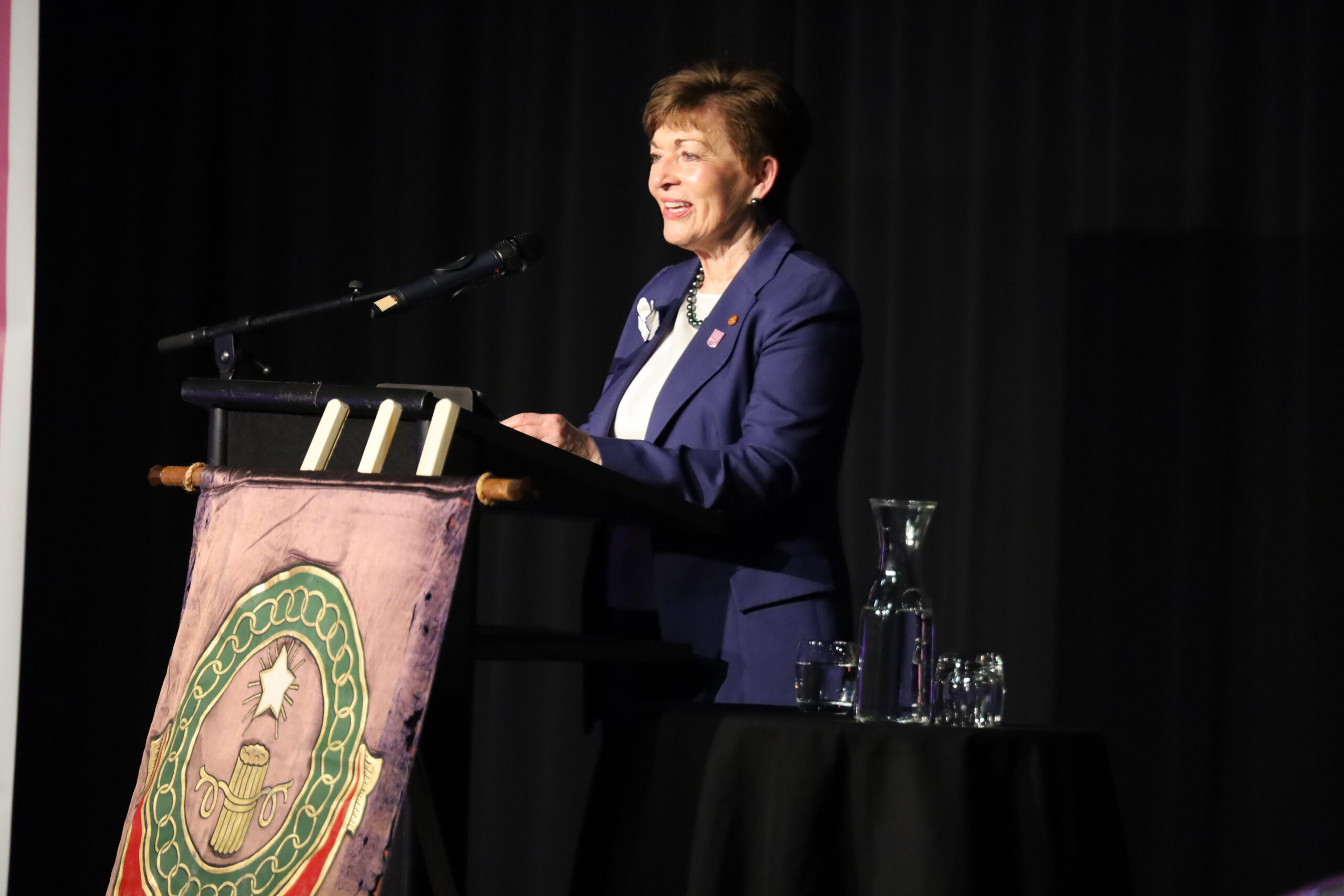By Catherine McGregor
Copyright thespinoff

Return-to-office rules are nudging public servants back to their desks, but it’ll take more than a few extra lunches to turn the capital’s economy around, writes Catherine McGregor in today’s extract from The Bulletin.
To receive The Bulletin in full each weekday, sign up here.
What the numbers show
Fresh Public Service Commission figures suggest working from home (wfh) is slipping back a notch across government departments. The Post’s Anna Whyte reports that, on average, public servants worked from home 0.85 days a week in July, down from 0.89 in November 2024. Forty-two percent worked from home at least one day a week, down from 43%, while those doing three or more days fell to 8.5% from 9.9%. The Friday effect endures: almost a quarter of public servants typically stay home then, with more doing so at MBIE, Inland Revenue and the Ministry for Ethnic Communities, where around 44% worked from home on Fridays.
The PSC says this is the last release of such data now that return-to-office policies, announced by then public service minister Nicola Willis last September, have bedded in. For context, Stats NZ’s latest workforce-wide picture has about a third of employed people working some or all time at home, or 928,000 New Zealanders.
Union pushes back
The PSA says the numbers puncture the narrative of a runaway work-from-home culture among its members. “The Government made a huge song and dance about public servants supposedly not turning up to work, but the data shows this was never a real problem,” said national secretary Fleur Fitzsimons, adding that “the majority of public servants don’t even work from home regularly”. The union’s position is that flexible work should be available unless a good business reason rules it out, arguing it boosts retention, wellbeing and often productivity.
The PSA has two live challenges to the return-to-office directive: an action against the PSC’s guidance and a separate case targeting MBIE’s updated policy. As Newsroom’s Marc Daalder lays out, MBIE now requires all flexible arrangements to be renewed every six months, demands senior leadership approval for more than two days at home a week, and bars staff from working remotely on a Monday if they were not in the office the prior Friday. The PSA says the changes breach the collective agreement between the ministry and union members; MBIE rejects that.
Productivity claims contested
Critics of state sector performance, including the New Zealand Initiative, argue government productivity badly lags that of peer nations. Citing a 2019 international study of 36 OECD members, the thinktank notes “the most productive [countries] could achieve much the same public sector-related outputs as New Zealand with between 28% and 49% fewer inputs.”
But tying that directly to working from home is a leap. As Stuff’s Lloyd Burr reported last year, there’s no hard data showing remote work reduces public service output; PSC’s own survey found 49% of managers said working from home either increased productivity or had no impact. Public servants told Burr they often get more done at home, with fewer interruptions and less time lost to commuting and office chat. New Zealand’s broader productivity problem is real and longstanding, and the government is plainly pulling whatever levers it controls in the state sector, including working conditions. Whether mandating more days in the office meaningfully shifts the dial on outputs remains an open question.
Capital consequences
Where working from home does bite is on Wellington’s street-level economy. Around the time of Willis’s announcement, retailers and hospitality operators told Stuff that public servants staying home, especially on Mondays and Fridays, had cratered foot traffic and takings. Produce supplier Sanjay Dayal was blunt: “You wander round and it’s like a ghost town. You’d think we were still in lockdown. If all the government people working from home came back to work, that’s the number one fix to get people back and get Wellington pumping again.”
Many business owners agreed a return-to-office push would help, but it wasn’t a cure-all after thousands of public service job losses and stubborn cost-of-living pressures. Game store owner Rhys Kaan told Stuff the bigger drag was uncertainty. As he put it, “we’re retail, we’re about recreation, and people just don’t want to spend on recreation if they don’t know that they’re going to be able to afford their mortgage”.
Joel MacManus: A cost-benefit analysis for public servants returning to the office



